Income Student

Are there any programs that help with student loan forgiveness or relief ?
There are several programs available to help with student loan forgiveness or relief, including Public Service Loan Forgiveness (PSLF), Income-Driven Repayment Plans (IDRs), Teacher Loan Forgiveness Program, Disability Discharge, Closed School Discharge, and Borrower Defense to Repayment. These programs vary by country and eligibility requirements, but they all aim to make student loan payments more affordable or forgivable based on certain criteria such as employment in public service, income level, teaching at a low-income school, disability status, school closure, or being misled or defrauded by a college or university. It's important to research each option thoroughly and determine which one best fits your individual circumstances and needs.

What are the pros and cons of taking out a student loan ?
Student loans can help students afford college, but also come with long-term debt and limited job opportunities.

How do interest rates on student loans work ?
Interest rates on student loans are the percentage of the loan amount that borrowers must pay in addition to the principal balance. The interest rate is determined by the lender and can vary based on factors such as creditworthiness, type of loan, and repayment term. There are two main types of student loans: federal and private. Federal student loans have fixed interest rates that are set by Congress each year, while private student loans have variable or fixed interest rates that are determined by the lender. Interest on student loans begins to accrue as soon as the loan is disbursed, and there are several repayment options available for student loans. By choosing the right type of loan and repayment plan, you can minimize your interest costs and pay off your student loans more efficiently.

How can I manage my student loan repayment after graduation ?
## Summary of Managing Student Loan Repayment After Graduation After graduation, managing student loan repayment can be a significant challenge. However, by following these steps, you can effectively manage your loans and avoid unnecessary fees or damage to your credit score: 1. **Understand Your Loan Terms**: Before starting any repayment plan, it's crucial to understand the terms of your student loans, including interest rates, monthly payments, and grace periods. 2. **Create a Budget**: A budget helps prioritize expenses and determine how much money can be allocated towards student loan repayment each month. Include all necessary expenses in your budget. 3. **Make Payments On Time**: Late payments can lead to fees and negatively impact your credit score. Set up automatic payments or make manual payments on time to avoid penalties. 4. **Consider Consolidation or Refinancing**: If you have multiple loans with different terms, consolidating them into one payment or refinancing at a lower rate may simplify repayment and save money. 5. **Explore Repayment Options**: Federal student loans offer various repayment plans, such as income-driven plans that adjust your payments based on your income and family size. Discuss the best plan with your loan servicer. 6. **Seek Help if Needed**: If struggling to make payments, don't hesitate to reach out for assistance. Many loan servicers offer forbearance or deferment options, and there are also government programs that can provide support for student loan repayment.

What factors determine the amount of a student loan ?
The amount of a student loan is determined by several key factors, including eligibility criteria set by the lender, the cost of attendance at the chosen school, the student's financial need, and the type of loan (federal or private). Other influential factors include repayment options, school choice, and the availability of other financial aid. Students should consider all these elements and explore all possible funding options before taking out a loan.

What happens if I can't repay my student loans ?
Student loans are a common way for individuals to finance their education. However, what happens if you are unable to repay your student loans? This article will explore the consequences of not being able to repay your student loans and provide some suggestions on how to avoid these consequences. If you fail to make payments on your student loans, you will eventually default on your loans. This means that you have failed to make payments for a certain period of time, usually 270 days. Once you default on your loans, the following consequences may occur: - Damage to Your Credit Score: Your credit score will be negatively impacted, which can affect your ability to obtain credit in the future. - Wage Garnishment: The government or your lender may take legal action against you to garnish your wages, which means taking a portion of your paycheck to cover the debt. - Tax Refund Offset: The government may also take a portion of your tax refund to cover the debt. - Loss of Eligibility for Future Financial Aid: You may lose eligibility for future financial aid, including grants and scholarships. In addition to the above consequences, the government or your lender may take legal action against you to recover the debt. This can result in additional fees and court costs, as well as potential damage to your reputation and career prospects. Failing to repay your student loans can have a negative impact on your future opportunities, including difficulty renting an apartment, getting hired, or starting a business. To avoid the consequences of not repaying your student loans, consider the following suggestions: - Create a Budget: Create a budget that includes your monthly expenses and income, and prioritize paying off your student loans as soon as possible. - Explore Repayment Options: Talk to your lender about different repayment options that may be available to you, such as income-driven repayment plans or deferment/forbearance options. - Seek Professional Help: If you are struggling with repayment, seek professional help from a financial advisor or credit counselor who can provide guidance on managing your debt. - Stay in Touch with Your Lender: Keep in touch with your lender and communicate any changes in your financial situation that may affect your ability to repay your loans. - Consider Consolidation or Refinancing: If you have multiple loans with different interest rates and terms, consider consolidating or refinancing them into one loan with a lower interest rate and more manageable repayment terms.

How do student loans impact credit scores ?
Student loans can significantly impact credit scores, positively throughStudent loans can significantly impact credit scores, positively through diversified credit mix, and Best practices for managing student loans include making payments on time, keeping balances low, and exploring forgiveness or repayment options to protect and enhance financial standing.

How do I apply for a student loan ?
This text provides a comprehensive guide on how to apply for a student loan. It outlines nine steps, including determining needs, researching loan options, checking eligibility requirements, gathering documents, completing and submitting the application form, waiting for approval, signing promissory notes and loan agreements, and receiving disbursement of loan funds. The guide emphasizes the importance of understanding different loan options and their terms and conditions before applying. It also highlights the need to gather all necessary documents and provide accurate information in the application form. Overall, this text is an essential resource for students seeking financial assistance for their education.

How can educational technology enhance student engagement ?
The text discusses how educational technology can enhance student engagement. It outlines various methods such as personalized learning, interactive content, collaborative tools, real-time feedback, and flexible learning options that educators can use to improve student participation and performance in the classroom.

How is individual income tax calculated ?
Individual income tax calculation involves determining gross income, subtracting allowable deductions, calculating adjusted gross income (AGI), identifying tax credits, calculating taxable income, applying tax rates, and considering withholding and estimated tax payments. The process varies slightly by jurisdiction but generally follows these key steps. It is recommended to consult with a tax professional or use reliable tax preparation software to ensure accuracy and maximize any applicable deductions and credits.

What measures can be taken to reduce income inequality in low-income countries ?
The text discusses measures to reduce income inequality in low-income countries. It covers topics such as education and training, economic policies, labor market interventions, social safety nets, land reforms, governance and anti-corruption measures, and international cooperation. The measures include improving access to quality education, implementing progressive tax systems, creating minimum wage laws, developing effective social assistance programs, implementing land reform policies, strengthening institutional capacity to combat corruption, and seeking foreign direct investment that aligns with sustainable development goals.

What is the ideal percentage of income to save for wealth growth ?
This text discusses the importance of saving a portion of one's income for wealth growth and explores factors such as personal financial situation, financial goals, lifestyle choices, and income level that determine the ideal savings rate. It also provides general guidelines for saving, including starting small, increasing gradually, and aiming for at least 20% of income.

Do any restaurants offer student discounts ?
Students often look for ways to save money, and one such way is by utilizing student discounts offered by various establishments, including restaurants. In this response, we will explore if there are any restaurants that offer student discounts and what benefits they provide. Yes, there are several restaurants that offer student discounts, which can vary from place to place and may not be advertised openly. Therefore, it is important to ask the staff or check their website before visiting. The benefits of student discounts at restaurants include saving money, trying new places, socializing, and convenience. To find out if a restaurant offers student discounts, you can check their website, ask the staff, or search online. Examples of restaurants that offer student discounts include McDonald's, Subway, Pizza Hut, Dairy Queen, and Burger King. In conclusion, there are several restaurants that offer student discounts, which can help students save money while enjoying a meal out with friends or family. By checking the restaurant's website, asking the staff, or searching online, you can find out if a restaurant offers student discounts and take advantage of them.

How does the tax bracket affect my personal income tax calculation ?
Tax brackets define the range of income subject to specific tax rates, embodying the principle of progressive taxation. Your income level determines the applicable tax bracket(s), which influences how much personal income tax you must pay. The marginal tax rate represents the highest rate on additional income, while the effective tax rate is the average rate across your total income. Being aware of your tax bracket can guide financial planning and strategies to possibly lower your taxable income.

How does educational psychology impact student learning ?
Educational psychology plays a crucial role in understanding and enhancing student learning. It helps educators understand cognitive development, enhance motivation and engagement, promote social-emotional learning, address diverse learning needs, and evaluate teaching strategies and interventions. By incorporating insights from educational psychology into their practice, teachers can create a more effective and supportive learning environment for all students.

Are there alternatives to taking out a student loan for college expenses ?
There are several alternatives to student loans for covering college expenses, including scholarships and grants, work-study programs, employer tuition assistance, military benefits, and crowdfunding and community support. Scholarships and grants are typically awarded based on academic merit or financial need, while work-study programs allow students to earn money through part-time jobs. Employer tuition assistance programs may cover all or a portion of tuition costs, and serving in the military can provide access to educational benefits like the GI Bill. Crowdfunding platforms and community organizations can also provide financial support for students in need.
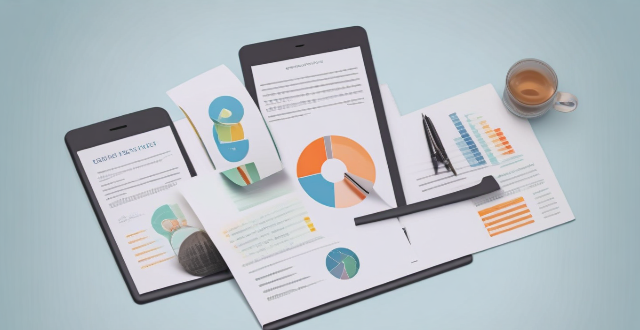
What happens if I make a mistake in my personal income tax calculation ?
Mistakes in personal income tax calculation can lead to underpayment or overpayment of taxes, errors in reporting income or deductions, and potential penalties, interest charges, or even criminal charges. To avoid these consequences, it's essential to stay organized, use tax software or consult a professional, review your return carefully, and file on time.

How does self-employment affect my personal income tax calculation ?
Self-employment affects personal income tax calculation by requiring net income reporting, quarterly estimated tax payments, utilizing deductions and credits, filing specialized forms, and paying self-employment tax. Staying organized and informed about tax laws is crucial for effective tax management.
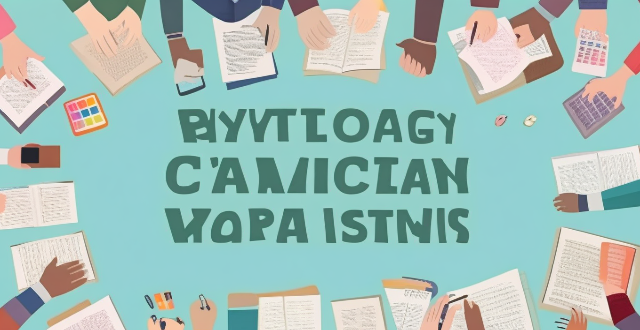
How can educational psychology improve teacher-student relationships ?
Educational psychology can enhance teacher-student relationships by promoting empathy, clear communication, effective classroom management, emotional intelligence, cultural competence, personalized instruction, and collaboration. Understanding diverse student needs, active listening, consistent messaging, feedback, clear boundaries, fair discipline, self-awareness, managing emotions, inclusivity, adaptability, tailored instruction, personalized attention, parental involvement, and peer support are all strategies that contribute to a positive learning environment.

What are the deductions and exemptions in personal income tax calculation ?
Deductions and exemptions in personal income tax calculation include standard deduction, itemized deductions, tax credits, and exemptions. Standard deduction is a fixed amount subtracted from an individual's taxable income, while itemized deductions are for specific expenses not covered by the standard deduction. Tax credits directly reduce the amount of taxes owed, and exemptions are amounts subtracted from an individual's taxable income to reduce their tax liability. Understanding these deductions and exemptions can help taxpayers minimize their tax liability and keep more of their hard-earned income.
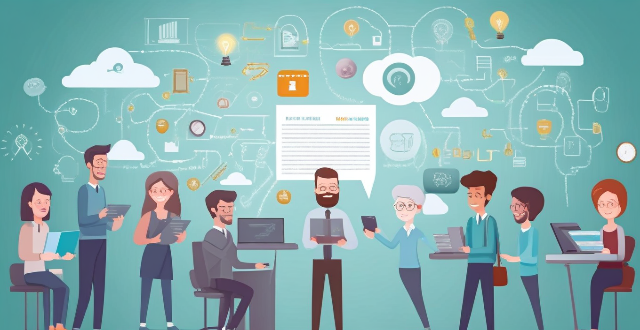
How do online learning platforms enhance student engagement and performance ?
The article discusses how online learning platforms enhance student engagement and performance. It mentions personalized learning experiences, interactive content and multimedia, collaboration and communication tools, gamification and rewards, flexibility and convenience, and immediate feedback and support as key features of these platforms that contribute to improved student outcomes.

How can I minimize my personal income tax liability ?
The article discusses strategies for minimizing personal income tax liability, including maximizing retirement contributions, taking advantage of tax credits and deductions, considering tax-efficient investment strategies, deferring income when possible, and managing withholdings. It emphasizes the importance of careful planning and consulting with professionals to reduce one's tax burden.
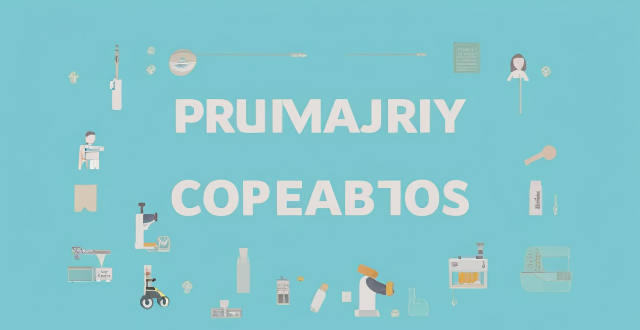
Are there any online tools available for calculating personal income tax ?
The text provides a summary of online tools available for calculating personal income tax. It mentions TurboTax, H&R Block, IRS Free File, and TaxAct as popular options. These tools help individuals determine their tax liability based on their income, deductions, and other factors. However, it is important to consult with a qualified tax professional if there are any questions or concerns about the tax situation.
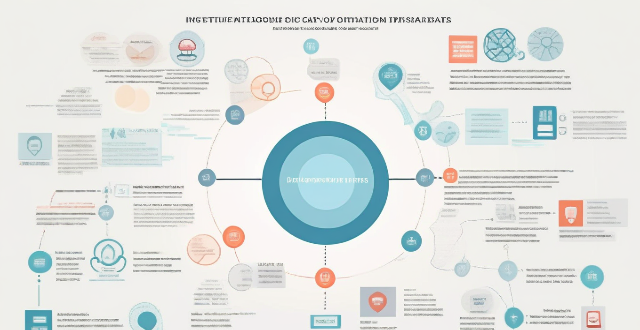
How can educational institutions use data analytics to improve student outcomes ?
Educational institutions can use data analytics to improve student outcomes by identifying areas of focus such as performance tracking, curriculum analysis, and student engagement. Implementing data-driven strategies like personalized learning, predictive analytics, and resource allocation can further enhance student success. Continuous evaluation and collaboration are key to measuring success and making necessary adjustments.

What is the difference between federal and state income tax calculations ?
The article discusses the process of calculating federal and state income taxes in the United States. Federal income tax calculations are based on the Internal Revenue Service (IRS) tax code, while state income tax calculations vary by state due to different tax laws and regulations. Both federal and state taxes involve determining taxable income and applying tax rates, but specific details such as rates, deductions, and exemptions can vary significantly between the two levels of government.

How can I maximize my retirement income from pension plans ?
The article provides strategies for maximizing retirement income from pension plans, including understanding the types of plans, optimizing contributions, investing wisely, taking advantage of tax benefits, and planning for retirement expenses. It emphasizes the importance of starting early, diversifying investments, and regularly monitoring and adjusting them. The article also highlights the benefits of tax-deferred growth and potential tax-free withdrawals. By following these strategies, individuals can help ensure a comfortable retirement with a steady stream of income from their pension plans.
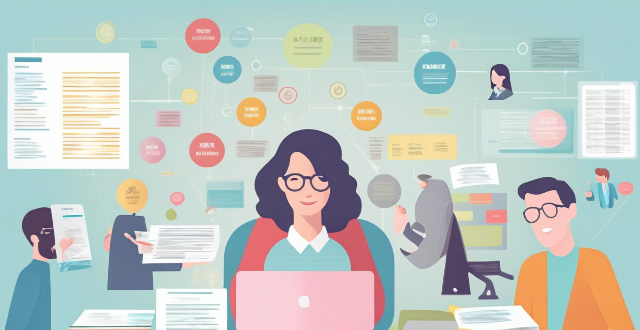
What should I consider when choosing a private vs federal student loan ?
When choosing between a private and federal student loan, consider interest rates, repayment options, forgiveness programs, eligibility requirements, and the application process. Federal loans usually have lower interest rates and more lenient eligibility requirements, while private loans may offer more flexibility in repayment options but typically have higher interest rates. Weigh these factors against your individual circumstances and financial goals to make an informed decision about which type of loan is best for you.

How often do I need to file my personal income tax return ?
Filing personal income tax returns is a crucial financial responsibility for individuals. The frequency of filing depends on various factors such as your residency, employment status, and income level. In this article, we will discuss the different scenarios that determine how often you need to file your personal income tax return. Personal income tax returns are filed annually in most countries. However, there are certain situations where you may need to file more frequently or less frequently. Your residency status plays a significant role in determining how often you need to file your personal income tax return. If you are a resident of a country, you are required to file your tax return annually, regardless of your employment status or income level. If you are employed and receive a regular salary, your employer is responsible for withholding taxes from your paycheck and remitting them to the government. In this case, you are still required to file your personal income tax return annually to report your total income and ensure that the correct amount of taxes has been withheld. The frequency of filing your personal income tax return also depends on your income level. If you have a low income and do not exceed the minimum threshold set by the government, you may not be required to file a tax return. However, it is always advisable to check with the tax authorities to confirm if you are exempt from filing. Self-employed individuals who earn an income from their business activities are required to file their personal income tax return annually. This is because self-employed individuals are responsible for paying their own taxes and reporting their income to the government. Freelance workers who earn an income from providing services to clients are also required to file their personal income tax return annually. This ensures that they report their earnings accurately and pay the appropriate taxes. If you own rental properties and earn rental income, you are required to file your personal income tax return annually. This is because rental income is considered part of your overall income and must be reported to the government. Retirees who receive pensions or other forms of retirement income are generally required to file their personal income tax return annually. However, if their income falls below the minimum threshold set by the government, they may be exempt from filing. In conclusion, the frequency of filing your personal income tax return depends on various factors such as your residency status, employment status, and income level. It is important to understand these factors and consult with the tax authorities to ensure that you comply with the requirements for filing your tax return. By doing so, you can avoid penalties and ensure that you pay the correct amount of taxes.
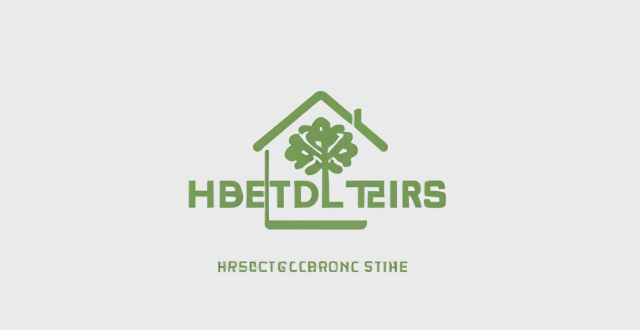
What is the impact of a carbon tax on low-income households ?
The text discusses the impact of a carbon tax on low-income households, emphasizing that such a tax can significantly and negatively affect these households due to increased costs and its regressive nature. However, potential long-term benefits are also highlighted, including revenue generation for energy-efficient programs and overall cost reduction as carbon-based fuel use decreases. To mitigate negative impacts, strategies like revenue recycling, progressive tax design, and energy efficiency programs are suggested. The text concludes that with careful policy design and implementation, a carbon tax can contribute to a sustainable future while benefiting all income levels over time.
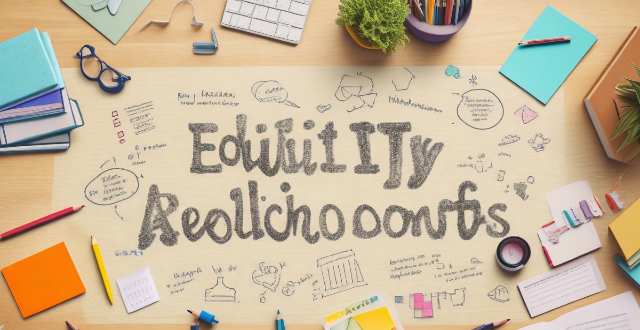
How does educational equity impact student success ?
Educational equity is crucial for student success. It ensures access to quality education, reduces socioeconomic disparities, and promotes diversity and inclusion. Educational equity positively impacts academic achievement, social and emotional development, career opportunities, and civic engagement. Achieving educational equity requires collective efforts from educators, policymakers, and community members.